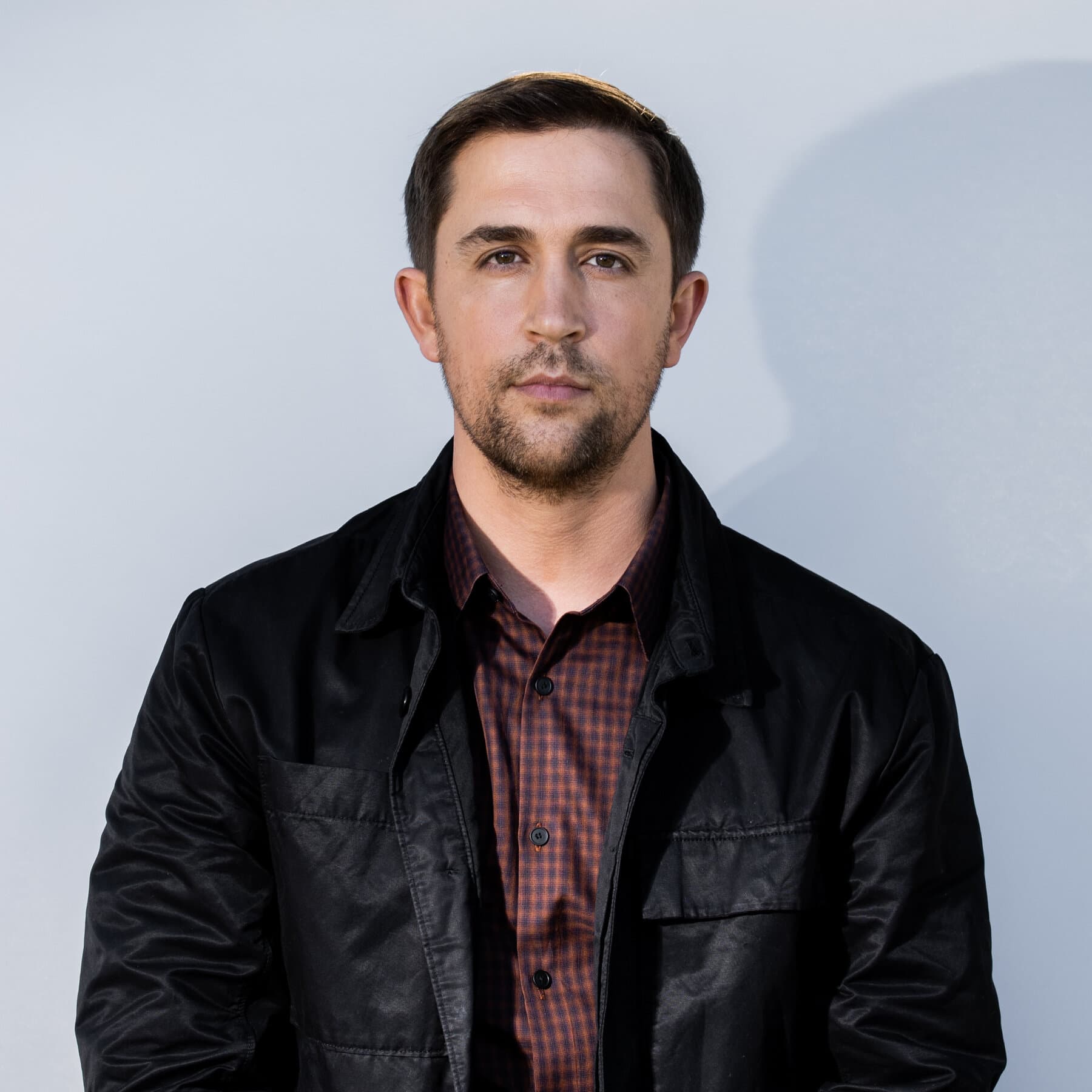Christopher F. Rufo Declares "Principled Conservatism" Has Reached Its Final Form

Conservative activist and Manhattan Institute Senior Fellow Christopher F. Rufo recently declared that "principled conservatism" has reached its "final form," signaling a perceived culmination in the ideology's development or application. Rufo's statement, shared on social media, suggests a significant moment for the political philosophy he champions, though the specific context of this pronouncement, including a linked external source, was not immediately available.
Rufo is widely recognized for his prominent role in the national discourse against critical race theory (CRT) and gender ideology. His activism has influenced policy, leading to presidential orders and legislation in numerous states aimed at restricting CRT and related concepts in public institutions. He has also authored "America's Cultural Revolution: How the Radical Left Conquered Everything," further cementing his position as a leading voice in the conservative movement.
"Principled conservatism" is a political philosophy characterized by a commitment to fixed policy goals, the belief in advancing these goals through the spread of ideas, and a steadfast rejection of pragmatic adjustments to changing circumstances. Proponents often emphasize core tenets such as individual liberty, limited government, and free enterprise, viewing them as timeless principles derived from foundational American ideals. This approach frequently contrasts with classical conservatism, which may prioritize tradition and gradual evolution.
Rufo's declaration implies that the conservative movement, particularly its principled wing, has achieved a definitive stage in its ideological evolution or practical implementation. This could suggest a moment of clarity, a successful strategic shift, or a solidified intellectual framework for future conservative efforts. His work has consistently focused on identifying and countering what he perceives as progressive ideological influences in American institutions.
The statement resonates within a broader political landscape where conservative thought is actively shaping policy debates on education, corporate practices, and cultural issues. Rufo's influence has been noted in legislative actions across various states, particularly concerning curriculum content and diversity, equity, and inclusion (DEI) initiatives. His pronouncement may indicate a renewed focus or a sharpened strategy for the ongoing cultural and political battles.